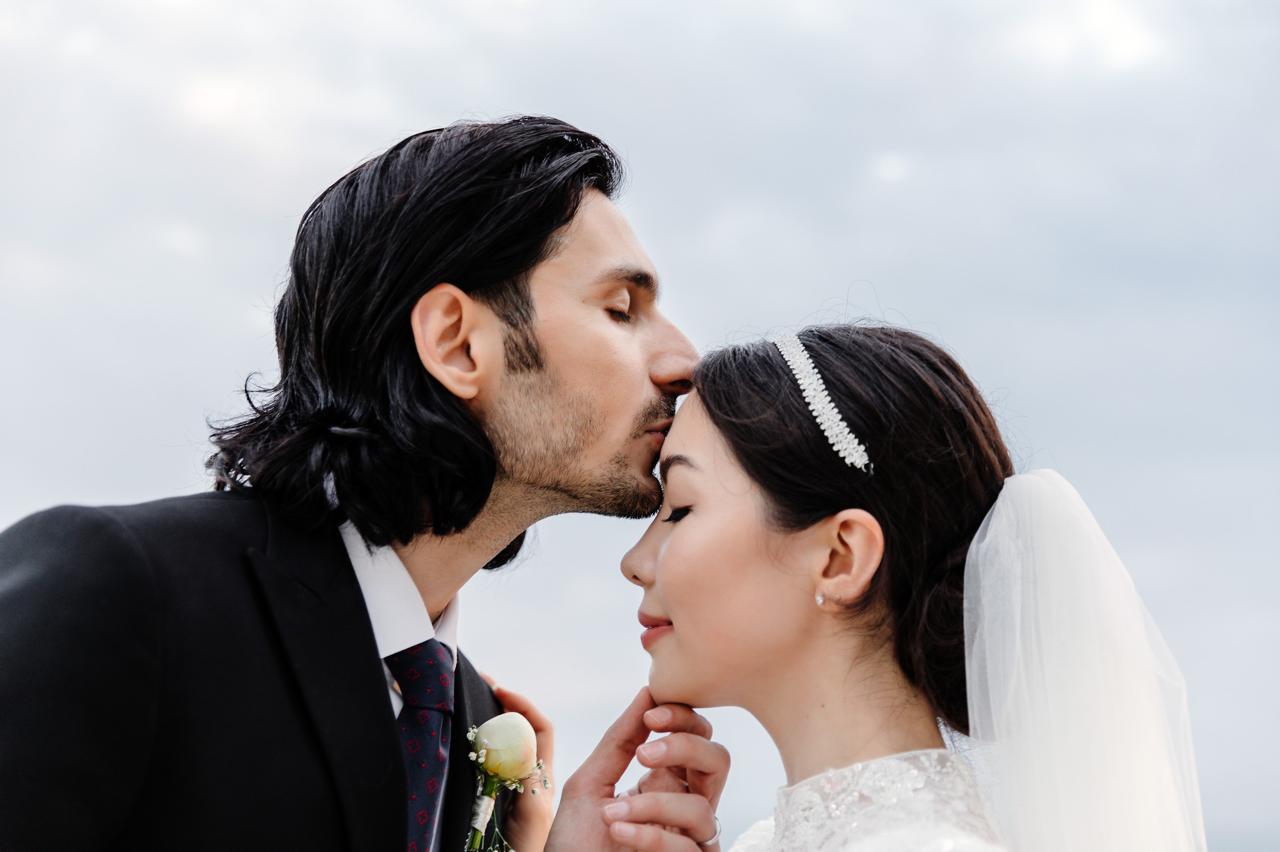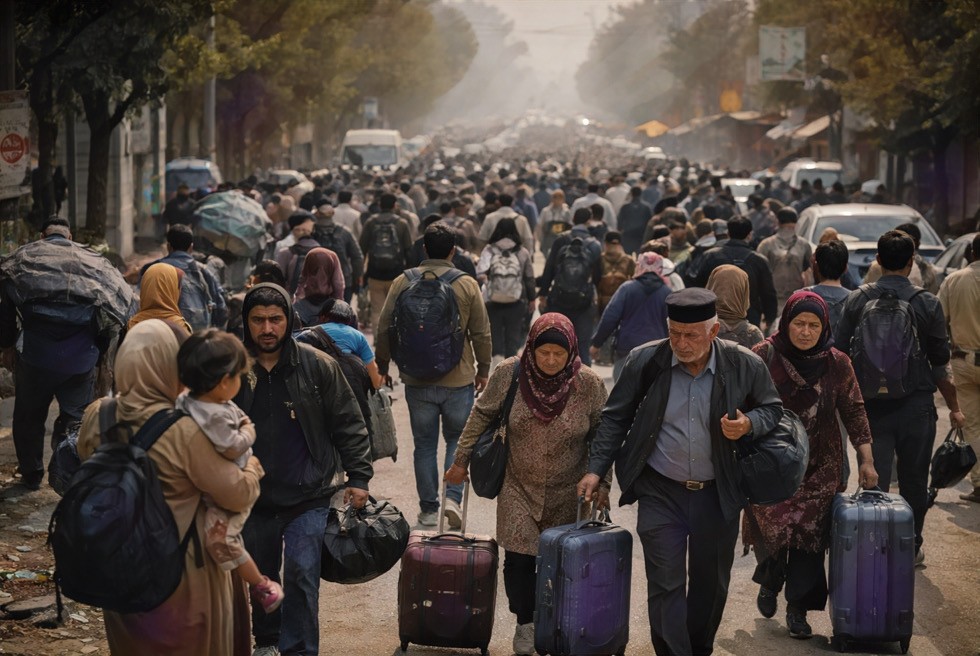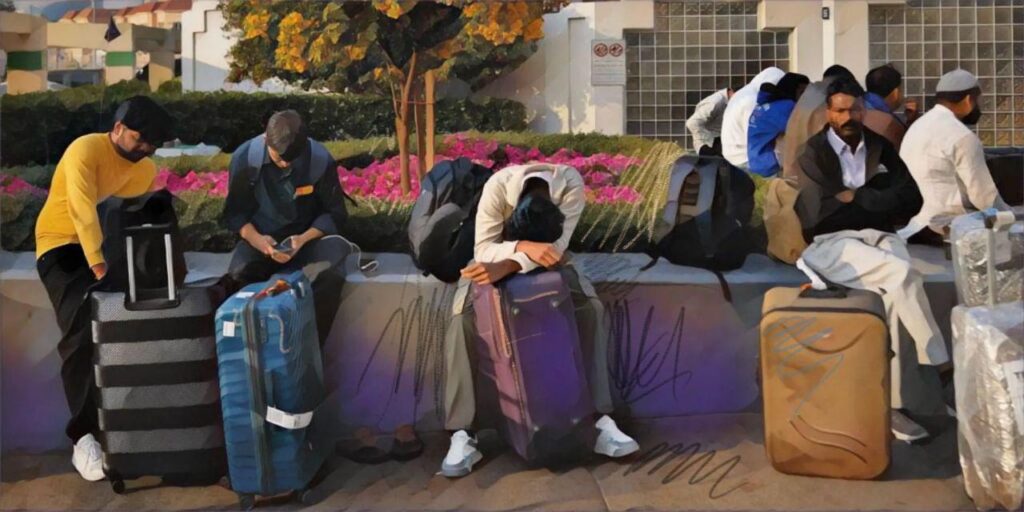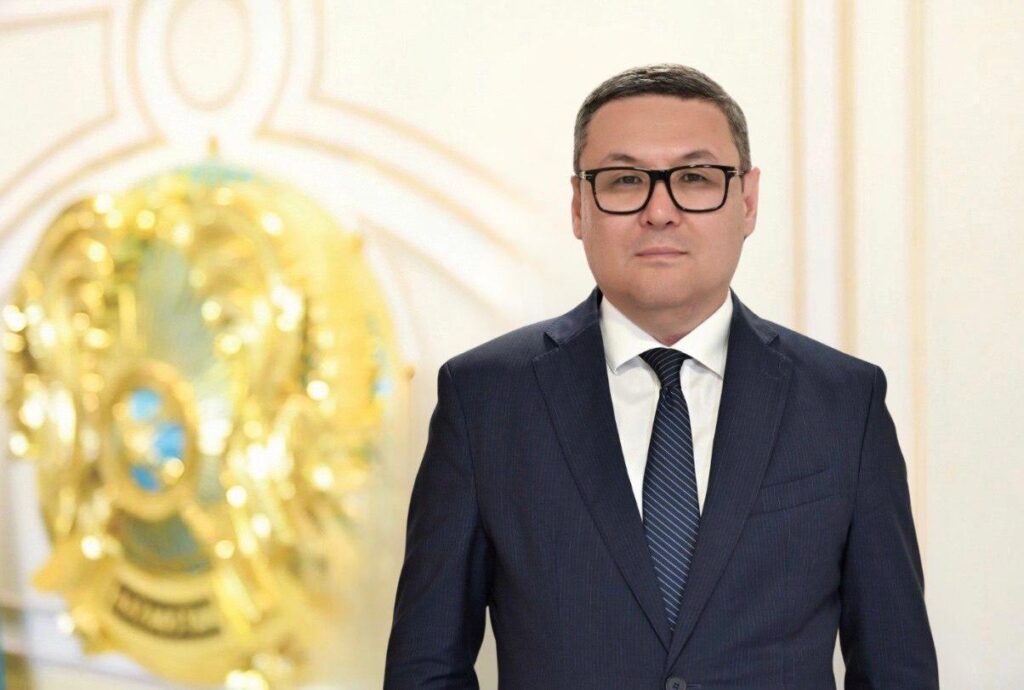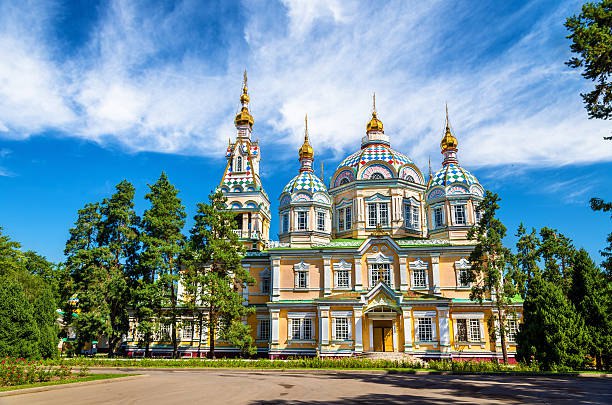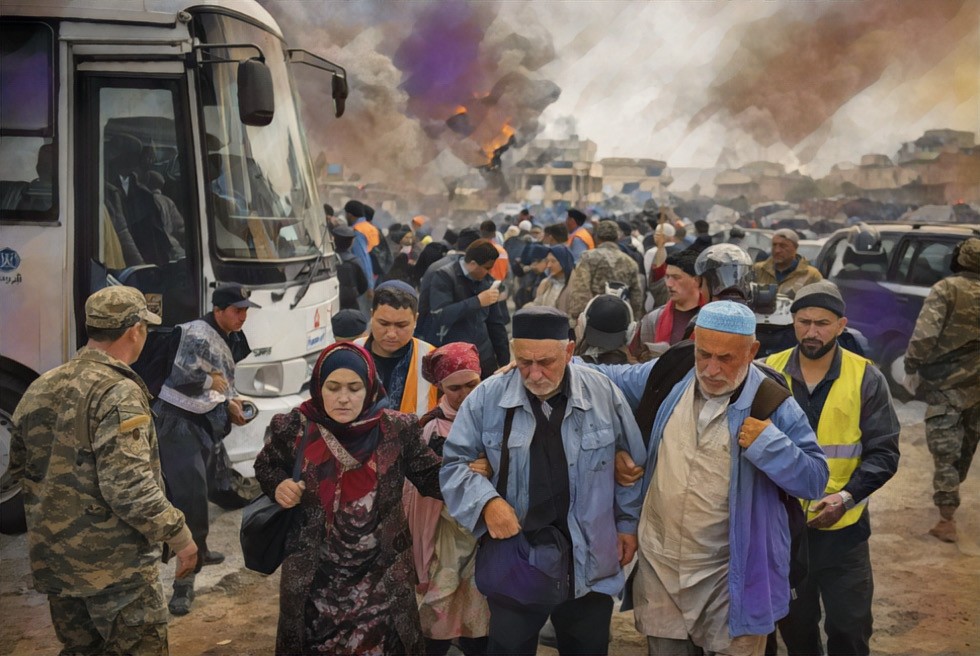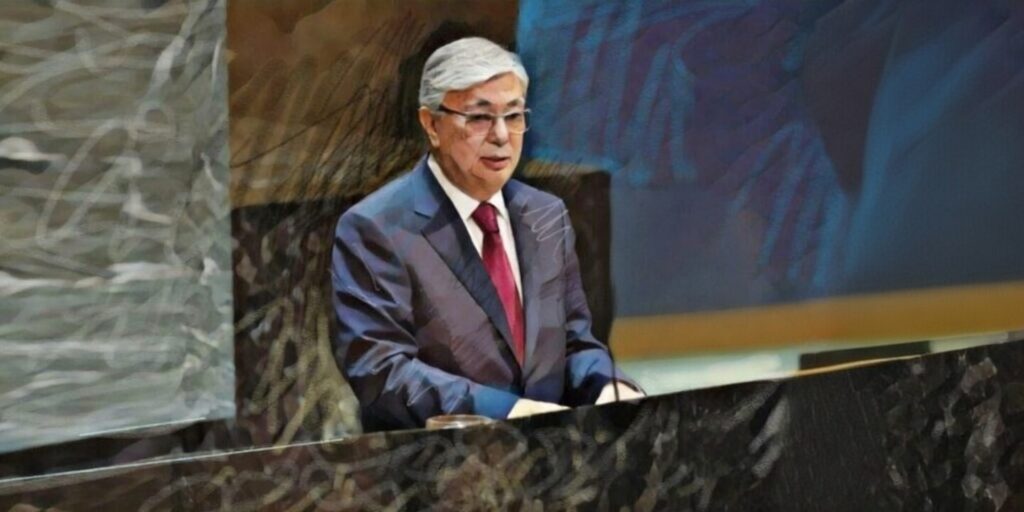Kazakhstan is a multi-ethnic country in which more than 130 ethnic groups coexist. According to the 2021 census, Kazakhs make up about 70% of the total population, while other ethnic groups make up the remaining 30%. This diversity of cultures and traditions creates a unique atmosphere for interethnic relations.
The growing number of international couples in Kazakhstan can be attributed to this diversity. People of different nationalities are beginning to meet and start families, enriching their lives with new traditions and cultural aspects. One such couple is DJ, Ainura Tukubayeva, and Mehrdad Razavi, a fashion model, whose story together began in 2018.
TCA spoke to Ainura to find out about their experience of living in Kazakhstan, and how the diversity of cultures has influenced their relationship.
TCA: Tell us about yourselves, where did you meet?
Ainura: My husband and I are an international couple. I’m from Kazakhstan and he’s from Iran. We first met in 2018 in Kuala Lumpur, Malaysia, at a party organized by a mutual friend. That night marked the beginning of our incredible journey together.
TCA: How did your husband adapt to life in Kazakhstan?
My husband’s adaptation to life in Kazakhstan was remarkably smooth, largely because we were surrounded by family who showered us with love and support. This made a world of difference, helping him feel at home right from the start. The biggest challenge for him was definitely the weather. Coming from the tropics, the harsh Kazakh winter, with temperatures dropping to -30°C, was a real shock. I still remember the look on his face when he first stepped outside into the freezing cold; it was priceless! However, with time and plenty of warm clothing, he adjusted, and now he even jokes about how he’s become a true Kazakh by enduring such extreme conditions.
TCA: What has impressed him most about Kazakh culture?
What really captivated him about Kazakh culture was the strong sense of community and the deep bonds within families. He was touched by how families are incredibly close-knit and how this sense of unity extends to the larger community, as well. There’s a genuine spirit of togetherness here that he finds both comforting and inspiring. He also noticed how much people here love to celebrate life. Whether it’s a small gathering or a big event, Kazakhs know how to have a good time, and this joy for life is something he truly admires. It’s a nation of happy, resilient people, and that’s left a lasting impression on him.
TCA: How did locals in Kazakhstan perceive you as an international couple?
Our experience as an international couple in Kazakhstan has been overwhelmingly positive. We’ve been fortunate to be surrounded by incredibly supportive people who have gone out of their way to make us feel welcome and at home. Despite some stereotypes about international marriages, we’ve never faced anything that made us feel different or unwelcome. In fact, our friends and family have embraced us wholeheartedly, and this has made our journey together even more special.

Image courtesy of Ainura Tukubayeva
TCA: Were there any interesting or funny moments?
There have been plenty of funny moments along the way. One that always makes us laugh is when people assume I’m my husband’s personal translator and that he’s some kind of foreign businessman just traveling through the country. It’s become an ongoing joke between us. We’ve also had a few moments where people are pleasantly surprised when they realize how well my husband has adapted to life here; he’s picked up quite a few Kazakh phrases, and seeing the look on people’s faces when he speaks the language is always priceless. These small, humorous moments have added a joyfulness to our experience and have helped us bond even more with those around us.
TCA: Are there any Kazakh traditions or customs that your husband has especially loved?
The Kazakh tradition that’s left the most enduring impression on my husband is Тұсау кесу (Tussau Keser) – the ceremony where a child’s legs are tied with a string which is then cut by a respected elder, symbolizing the child’s entry into a new stage of life. My husband finds this tradition incredibly meaningful, because it beautifully captures the hopes and dreams that the family have for the child’s future. It’s not just about taking those first steps physically, but also about stepping into life’s journey with the support and blessings of loved ones.
He’s often expressed how this tradition resonates with him on a deep level. For him, Tussau Keser represents more than just a cultural practice, it’s a powerful reminder of how traditions help preserve the identity and values of a people. By participating in this ceremony, he feels a connection not only to our immediate family, but also to the rich cultural tapestry of Kazakhstan. It’s moments like these that have helped him feel more rooted in our life here, and he’s come to cherish these traditions as a way of honoring our shared heritage.
TCA: How did your family perceive your husband? What moments are especially dear to you in his relationship with your family?
At first, my family wasn’t sure what to expect, which is understandable when your child is starting a new phase in life, especially with someone from a different background. However, as they spent more time with him, they quickly saw what I see: a kind, loving, and respectful person who genuinely cares about me. It didn’t take long for them to fall in love with him, too. They were especially reassured knowing I was with someone who would always put my happiness and well-being first. Even with the language barrier, they found ways to connect and communicate, whether it was through shared experiences, gestures, or just the universal language of love and care.
What I treasure most is how effortlessly my husband has become a part of our family. There’s no distinction of “son-in-law” or “parents-in-law” in our relationship. From day one, he’s called my parents “Papa” and “Mama,” and they’ve embraced him as their own son. This has created a deep bond between us all, one that transcends cultural and language differences. One of my favorite memories is seeing my husband and my father working on a project together, and despite the language barrier, they managed to communicate through shared smiles, gestures, and a mutual respect that needed no words. These moments make me incredibly happy because they show how love and acceptance can bridge any gap, and they remind me how fortunate we are to have formed such a close-knit, loving family unit.
